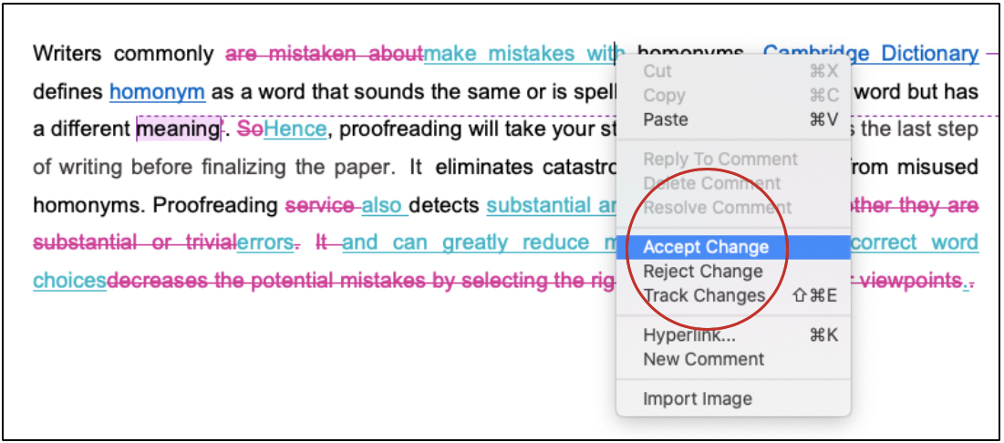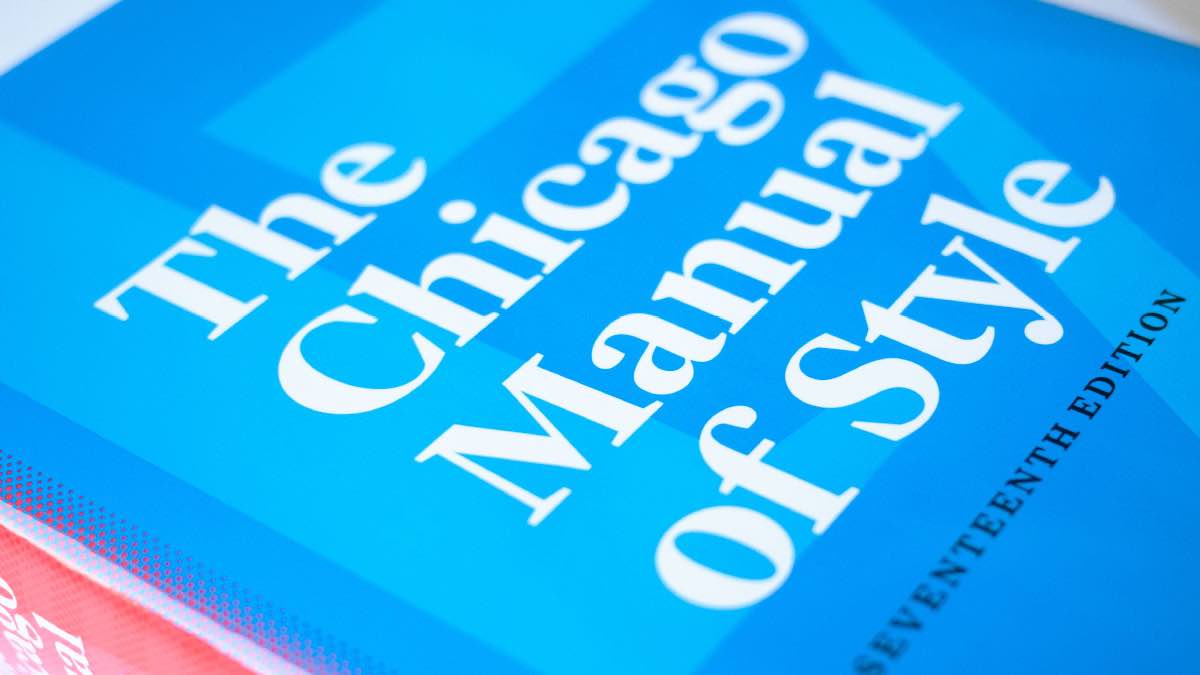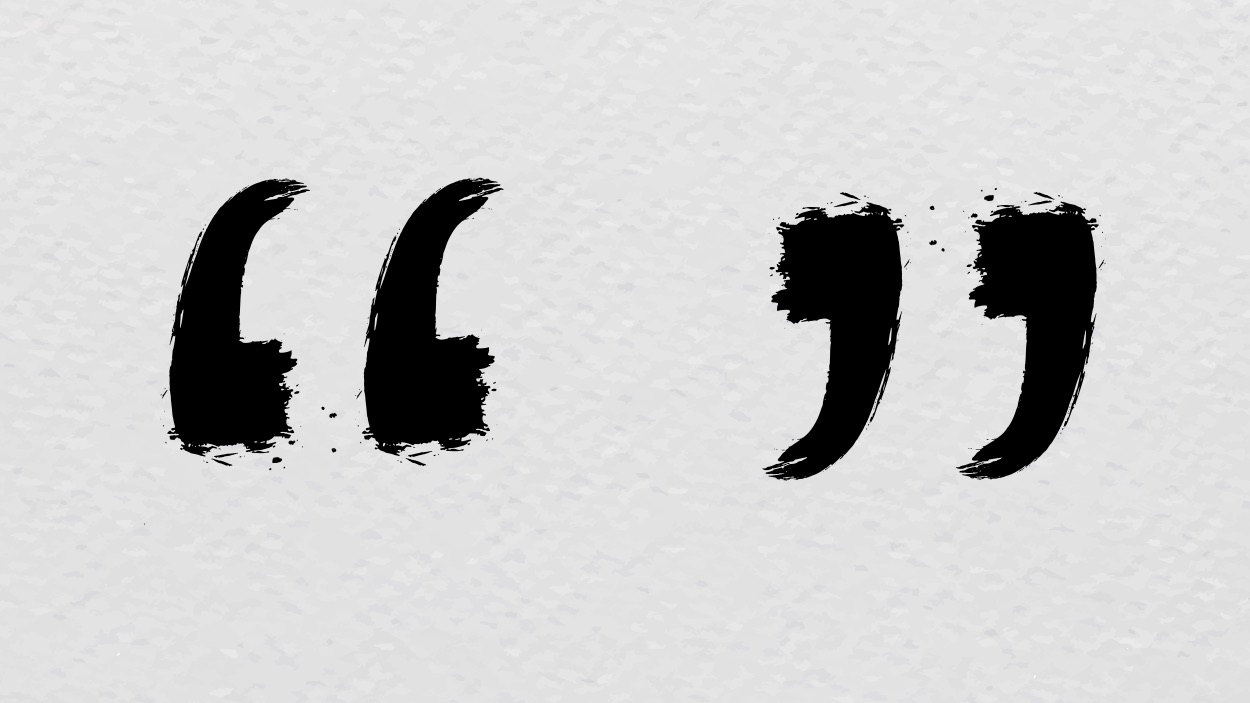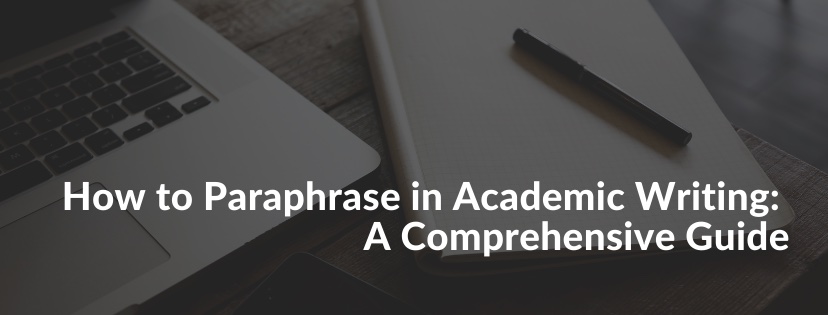Research proposals are fundamental to any research endeavor. Therefore, every scholar contemplating research should know how to write a research proposal that can relay the intent behind a research project with utmost clarity and confidence. This article sheds light on the essential aspects of writing a research proposal that can bear the intended fruits. Also, it outlines the purpose of all the components of a research proposal and puts forward some holistic writing guidelines for the same.

Academic research is a meticulous and systematic process requiring years' worth of focused perusal and analysis. But, before embarking on a research process, researchers should submit a document mentioning the purpose and the requisites of the research. Called a research proposal, this document carries the onus of securing funding and institutional approval for the proposed research. It overtly delineates all the characteristics of the research project and demonstrates its scope and impact on its area of study.
In other words, research proposals are fundamental to any research endeavor. Therefore, every scholar contemplating research should know how to write a research proposal that can relay the intent behind a research project with utmost clarity and confidence.
This article sheds light on the essential aspects of writing a research proposal that can bear the intended fruits. Also, it outlines the purpose of all the components of a research proposal and puts forward some holistic writing guidelines for the same. Hence, any scholars looking forward to crafting a research proposal should read the tips mentioned here.
The tips mentioned below concern the structural and theoretical requirements of a strong research proposal. Also, these pointers are equally applicable to doctoral dissertations, master's theses, or any other form of academic research.
A typical research proposal contains the following sections, each with a definite purpose that researchers should be familiar with.
The title page of a research proposal accommodates the "preliminary" title of the research project. It also consists of the names of the research supervisors, the scholar conducting the research, and the department.
In this section, researchers need to establish the topic of the research project precisely. They need to primarily include
The research question(s)
The relevance of the research
Any knowledge gaps
The contributions of the research to the academia
The background section entails putting forward the contextual significance of the research. It comprises a clear explanation of the arguments posed in the introduction by expounding on their relevance to an academic discipline.
The literature review contains all the primary and secondary sources a researcher will refer to for the research. These include all the published/unpublished books, manuscripts, research papers, articles, etc., corresponding to the research area.
Curating a strong literature review conveys the fact that a researcher knows the credible material required for research.
This section comprises
Research type - qualitative or quantitative
All the ethically correct tools and methods involved in the research
Data collection methods and sources
Research design - descriptive, correlational, or experimental
Time required for data collection
Any potential hindrances to the research
Research budget
When putting together the research methods, researchers should consider their effectiveness. Doing so heightens the probability of the approval of the research from the review committee.
Here, researchers should (re)state the purpose of their research. They should accentuate all the results their research efforts aim to pursue along with their implications for the existing body of knowledge pertaining to the research area.
The conclusion is essentially the holistic culmination of the entire proposal. As a result, it consists of summarizing the specifics of the proposal along with re-emphasizing its purpose.
The bibliography is a list that appropriately cites all the research literature a researcher plans to use. Researchers should ensure the factual integrity of the bibliography to avoid any citation mistakes.
A research proposal is a succinct academic document that advocates the importance of a research project. Thus, its generic length fluctuates between 4 and 7 pages, amounting to a minimum of 2500 words. However, institutions may have specific requirements for the length and word count of a research proposal. Thus, researchers should enquire about them beforehand.
Research arguments are the crux of any research proposal. Hence, researchers should state it as explicitly and persuasively as possible to increase the chances of approval. The ideal method to do so is to create a rough outline first. Then, researchers should repeatedly edit it until it coincides with the goals of the research project.
Editing and proofreading are integral to the composition of virtually every academic document. These processes work toward correcting all grammatical and contextual inconsistencies and augmenting the readability and credibility of academic papers. Hence, researchers should edit and then proofread their proposals thoroughly to convey the right message and create a strong first impression on the readers.
A research proposal, in essence, is a document pitching a research project to get approval for it. But it also does the secondary task of comprehensibly organizing the entire research process. The various sections comprise the necessary job of arranging the stages of the research process chronologically. Therefore, every potential researcher must know how to successfully write a research proposal. Doing so will get their research approved and enable them to utilize their research efforts and resources optimally.
Best Edit & Proof expert editors and proofreaders focus on offering manuscripts with proper tone, content, and style of academic writing, and also provide an upscale editing and proofreading service for you. If you consider our pieces of advice, you will witness a notable increase in the chance for your research manuscript to be accepted by the publishers. We work together as an academic writing style guide by bestowing subject-area editing and proofreading around several categorized writing styles. With the group of our expert editors, you will always find us all set to help you identify the tone and style that your manuscript needs to get a nod from the publishers.

You can also avail of our assistance if you are looking for editors who can format your manuscript, or just check on the particular styles for the formatting task as per the guidelines provided to you, e.g., APA, MLA, or Chicago/Turabian styles. Best Edit & Proof editors and proofreaders provide all sorts of academic writing help, including editing and proofreading services, using our user-friendly website, and a streamlined ordering process.
Visit our order page if you want our subject-area editors or language experts to work on your manuscript to improve its tone and style and give it a perfect academic tone and style through proper editing and proofreading. The process of submitting a paper is very easy and quick. Click here to find out how it works.
Our pricing is based on the type of service you avail of here, be it editing or proofreading. We charge on the basis of the word count of your manuscript that you submit for editing and proofreading and the turnaround time it takes to get it done. If you want to get an instant price quote for your project, copy and paste your document or enter your word count into our pricing calculator.
Contact us to get support with academic editing and proofreading. We have a 24/7 active live chat mode to offer you direct support along with qualified editors to refine and furbish your manuscript.
Follow us on Twitter, LinkedIn, Facebook, Instagram, and Medium.
For more posts, click here.
This article sheds light on the essential aspects of writing a research proposal that can bear the intended fruits and gives you four essential tips to write a research proposal effectively. To give you an opportunity to practice proofreading, we have left a few spelling, punctuation, or grammatical errors in the text. See if you can spot them! If you spot the errors correctly, you will be entitled to a 10% discount.
How to Determine Variability in a Dataset
14.10.2023
How to Determine Central Tendency
19.02.2023
How to Specify Study Variables in Research Papers?
14.01.2023
Population vs Sample | Sampling Methods for a Dissertation
14.01.2023
How to Ensure the Quality of Academic Writing in a Thesis and Dissertation?
04.12.2022
How to Avoid Anthropomorphism in Your Dissertation?
04.11.2022
How to Write a Research Methodology Section for a Dissertation and Thesis
07.08.2022
How to Write a Theoretical Framework for a Dissertation and Thesis?
05.08.2022
How to Write Literature Review for a Dissertation and Thesis
02.08.2022
How to Write a Dissertation and Thesis Introduction
31.07.2022

Writing academic essays is required for the successful completion of college, graduate school, and advanced research studies. Essay writing, as required in academia, requires much more preparation, effort, and skill than most students and academics actually do put in.
Continue Reading
Research takes a crucial role in developing an outstanding academic paper. Ensuring credible research sets the foundation of an academic paper is essential for researchers to obtain the acceptability of the paper. This article discusses four practices that make students better at researching.
Continue Reading
Whether it is an academic essay or any other thesis paper, all the papers are directly or indirectly associated with one’s future. Therefore, making mistakes here means compromising with the future. However, students are fond of making some habitual errors while composing an academic paper. Let’s learn those mistakes and make sure not to repeat them in your turn.
Continue Reading
When you enter the academic field or just begin writing a thesis, a dissertation, or an article for e peer-review journal, you will fumble upon countless new writing styles, fonts, formats, and citation styles. Academic writing differs from other forms of writing because it often follows a set of structures and involves the use of formal language, grammar, and words. Thus, you need to write in a particular style that carries its own rules and regulations. This article discusses the details and main rules of the Chicago Style Citation.
Continue Reading
Whenever you use words, facts, ideas, or explanations from other works, those sources must be cited. Academic referencing is required when you have copied texts from an essay, an article, a book, or other sources verbatim, which is called quotation. You also need referencing when you use an idea or a fact from another work even if you haven’t used their exact expression.
Continue Reading
Paraphrasing is a regular exercise in academic writing. High school students, college students, and research scholars are required to paraphrase to demonstrate their understanding of a text. However, there are cases when, due to ineffective paraphrasing, instances of plagiarism dot an academic manuscript. Therefore, academic writers must correctly understand the fundamentals of academic paraphrasing and apply them to their writings to avoid any occurrence of any academic offense. This article will peruse the anatomy of academic paraphrasing. In addition, it will examine how paraphrasing is different from summarization and suggest ways to paraphrase effectively.
Continue Reading
Choosing a topic for your dissertation or thesis at the end of your master's or doctoral study can become a daunting task. You must select a topic that you find interesting to work on. A dissertation/thesis is a crucial piece of work as it carries enormous credit points at the end of the master's study or postgraduate year. Therefore, you must choose the right and the most suitable topic. Here are some helpful tips for choosing a dissertation and thesis topic that suits you the most.
Continue Reading